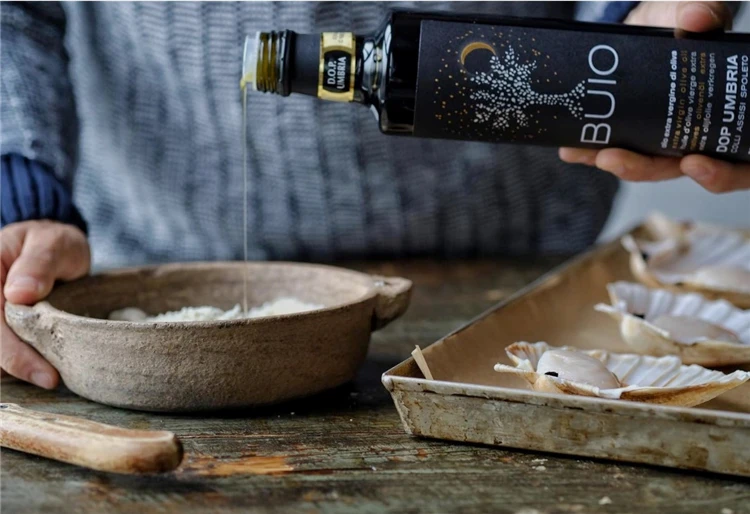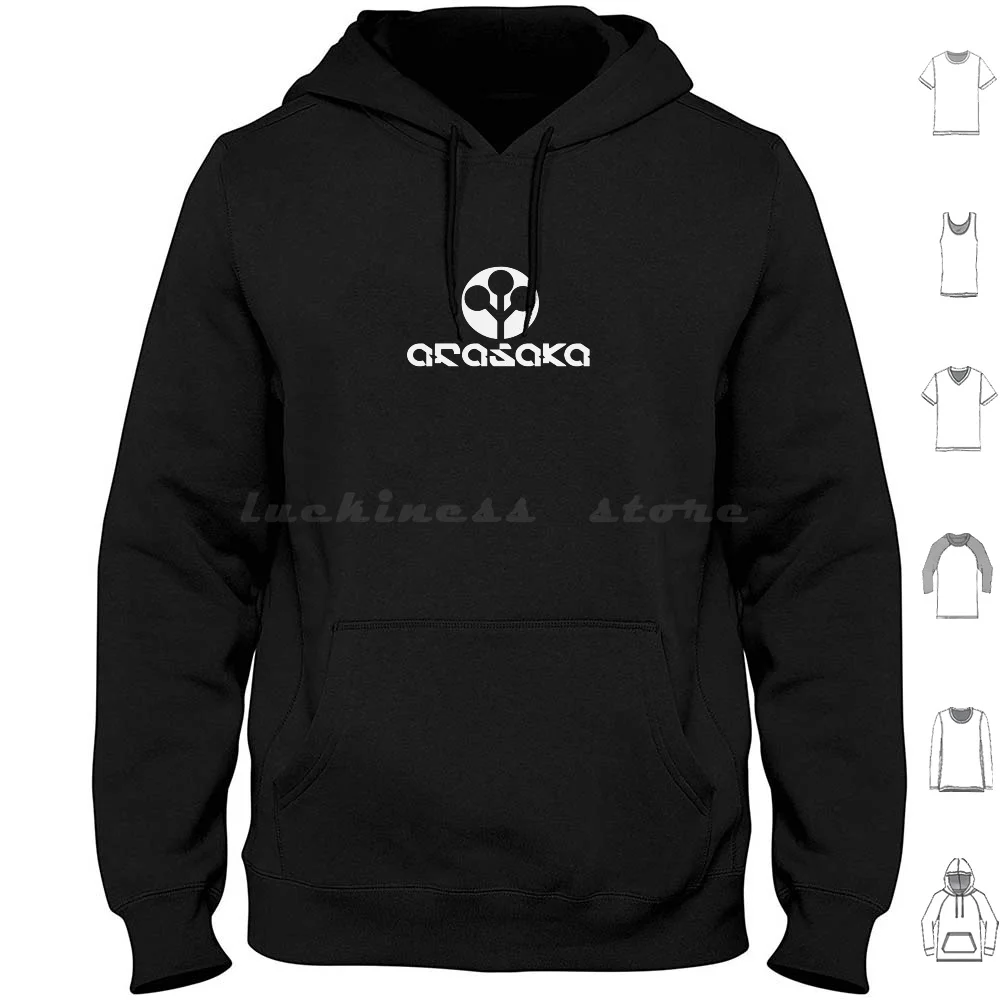Стеклянная бутылка 500 мл итальянское оливковое
- Категории: Seasoning Oil >>>
- Поставщик: FRANTOI,OLEARI,UMBRI,CO.,S.R.L.,in,breve,C.U.FR.OL.
Поделиться:
Описание и отзывы
Характеристики

Product Description
Stored in absence of oxygen. Special anti UV shielded bottle. 100% Italian.
For larger volumes, specific price quotations available.
Specification
Buio Italian Extra Virgin Olive Oil 500Ml
Type | Olive Oil | Product Type | Fruit Oil |
Grade | Extra Virgin | Processing Type | Cold Pressed |
Cultivation Type | Common | Purity (%) | 100% Extra Virgin Olive OIL |
Volume (L) | 0.5 | Certification | ISO 9001, IFS, BRC, FSMA |
Place of Origin | Italy | Brand Name | BUIO |
Use | Season | Packaging | Glass Bottle |
About Us

Terre Francescane
Terre Francescane, based in the central Italian region of Umbria, has been producing premium quality Italian extra virgin olive oils and dressings since 1639. Purveyors to Michelin Star restaurants and celebrity chefs such as Carlo Cracco, Antonino Cannavacciuolo, Bruno Barbieri and Jason Atherton.
We are present in niche markets such as Eataly, duty free shops in Italy and abroad as well as airline catering with our single portion dressings. Our extra virgin olive oil in co-branding with Milanese fashion house Trussardi has recently been reviewed by the Financial Times’ luxury lifestyle magazine How To Spend It.
We are present in niche markets such as Eataly, duty free shops in Italy and abroad as well as airline catering with our single portion dressings. Our extra virgin olive oil in co-branding with Milanese fashion house Trussardi has recently been reviewed by the Financial Times’ luxury lifestyle magazine How To Spend It.





Why Choose Us

Product Advantages
1.Rich in Antioxidants;
2.Rich in Vitamin E;
3.Reduces Bad Cholesterol (LDL);
3.Reduces Bad Cholesterol (LDL);
5.Sugar Free (Zero Glycemic Index);
6.Helps the assimilation of vitamins and carotenoids present in vegetables.




Quality Assurance
Following a centuries’ old family tradition we are dedicated to the pursuit of Excellence.
Quality certified ISO 9001, IFS and BRC.
Many celebrity chefs choose to use our products.



Exhibition Pictures
CUFROL SRL TuttoFood Milan Italy 2017
CUFROL SRL WTCE Hamburg Germany 2019
Certifications





FAQ
1.Why ITALIAN extra virgin olive oil?
Italy with respect to Spain and Greece has many more different varieties of olive cultivars (over 500), hence in Italy you will find a far greater array of flavours and textures in your extra virgin olive oil, catering for all palates. With respect to Spain, where olive trees are cultivated on an industrial, mechanical scale, Italy respects a more traditional cultivation and uses less pesticides.
2.WHAT IS EXTRA VIRGIN OLIVE OIL?
The definition of Extra Virgin olive oil is an oil obtained from the first cold extraction of olives. By cold extraction we mean that during the milling process the temperature must not exceed 27°Celsius. This guarantees that the oil does not suffer any damage. The olives must be picked from the olive tree (and not from the ground once fallen). The extraction process is purely by mechanical means and no chemical substances may be added (unlike other types of olive oils). Most importantly the Acidity of extra virgin olive oil must not be more than 0.8%.
3.WHAT IS THE ACIDITY AND WHAT DOES IT MEAN?
The acidity expresses the percentage of oleic acid and indicates the quality of the oil. More specifically this indicates how healthy the oil is and how this may be classified (whether extra virgin olive oil, just olive oil etc). The lower the acidity the higher quality of the olive. Acidity may not be perceived tasting the oil, only through laboratory analysis.
4.IS EXTRA VIRGIN OLIVE OIL GOOD FOR FRYING?
Contrary to popular beliefs, absolutely Yes. The fatty acids are more stable than seed oils (such as sunflower oil). Extra Virgin Olive Oil is ideal for frying since its smoke point is 210°Celsius whilst the ideal temperature for frying is considered to be 170/180°celsius.

















